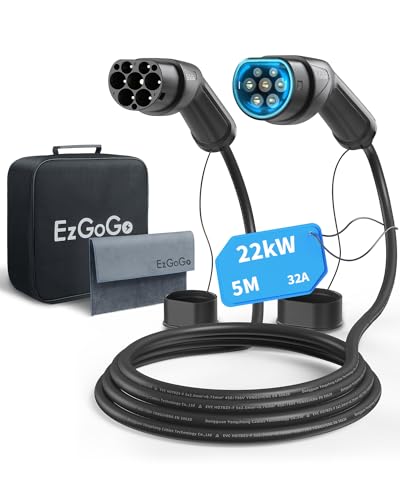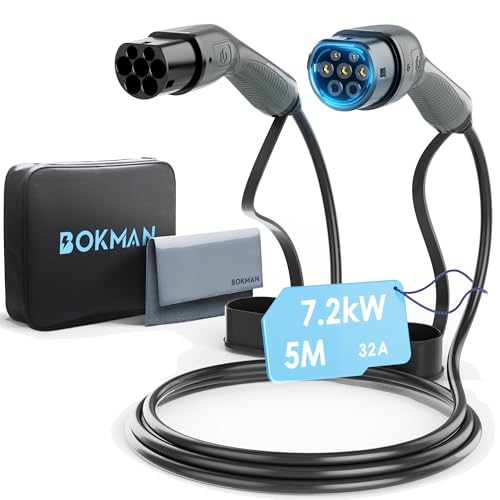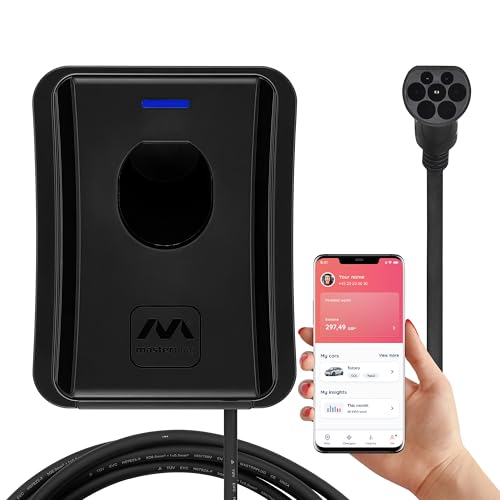Understanding Electric Vehicle Charging Cables: What You Need to Know
The Essential Role of Charging Cables
As electric vehicles (EVs) become more popular, understanding charging cables is crucial for every EV owner. The charging cable is the link between your vehicle and the power source, and its importance cannot be overstated. It’s the means through which your car gets the energy it needs to run, so knowing the ins and outs of these cables empowers you to make informed decisions.
How Charging Cables Work
When you plug your electric vehicle into a charging station, the charging cable transfers electricity from that source directly into your vehicle’s battery. Simplifying it even further, think of the charging cable as a kind of hose that brings juice to your car. Different cables work with different charging standards and voltages, affecting how quickly and efficiently your vehicle charges.
Types of Electric Vehicle Charging Cables: Which One is Right for You?
Understanding the Different Types
In the realm of electric vehicle charging, there are typically three main types of connectors: Type 1, Type 2, and the CCS (Combined Charging System). Type 1 cables are prevalent in North America and feature a single-phase design, suitable for lower power charging. Conversely, Type 2 connectors are common in Europe and support both single-phase and three-phase charging, providing more versatility. CCS is an enhanced Type 2 connector that enables both AC and fast DC charging, allowing for quicker charging times.
Choosing Based on Your Vehicle and Charging Station
To determine which cable is suitable for you, consider your vehicle’s compatibility and the available charging stations in your area. Most EVs have a specific type of connector they work best with, so using the right cable ensures you can charge easily and effectively. When in doubt, check your vehicle’s specification or consult your dealer.
Choosing the Right Length: How to Select the Perfect Cable for Your Needs
Finding the Ideal Cable Length
The length of your charging cable is a significant factor. If it’s too short, you might struggle to reach charging stations or home plugs, causing inconvenience. If it’s too long, it can become cumbersome to store and manage. Generally, consider how far you typically park your vehicle from your charging point. Cables usually come in lengths ranging from 3 metres to 10 metres, so choose one that strikes a balance between accessibility and manageability.
Practical Scenarios to Consider
For instance, if you live in a flat with the charging point in the garage, a longer cable might be necessary to reach your vehicle parked a distance away. Alternatively, if you frequently use public charging stations, a standard length of around 5 metres is often sufficient to avoid clutter.
Key Features to Look For: What Makes a Great Charging Cable?
Safety Features Are Must-Haves
When selecting a charging cable, safety features are paramount. Look for cables with integrated safety mechanisms that prevent overheating or electrical faults. Optional features include temperature control and surge protection, which add another layer of safety for both you and your vehicle.
Durability and Flexibility
Durability is another crucial aspect. Charging cables should withstand daily wear and tear, especially if used frequently or exposed to the elements. Cables with robust and flexible jackets are less likely to get damaged, making them long-lasting and reliable.
Frequently Asked Questions: Clarifying Your Electric Vehicle Charging Cable Doubts
Can I Use Any Charging Cable for My EV?
It’s essential to use a charging cable compatible with your EV’s specification. Using an incompatible cable can lead to unsafe charging situations. Always check your vehicle’s manual or consult with your dealer to ensure you’re using the right type.
Do I Need Different Cables for Home and Public Charging?
In most cases, having a Type 2 cable will suffice for both home charging and public charging stations. However, if you plan on using fast charging stations regularly, investing in a CCS cable could be beneficial for quicker charging times.













